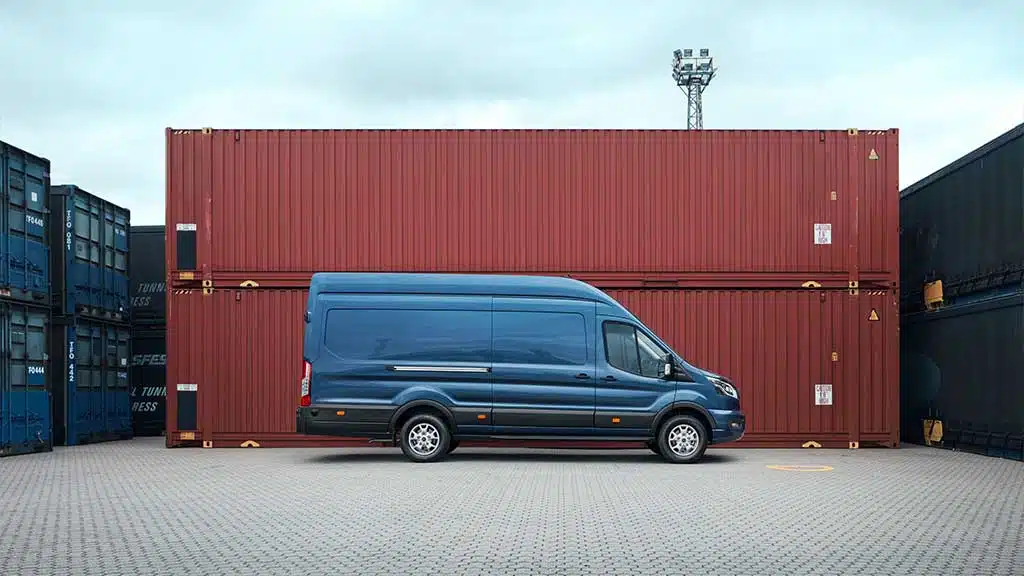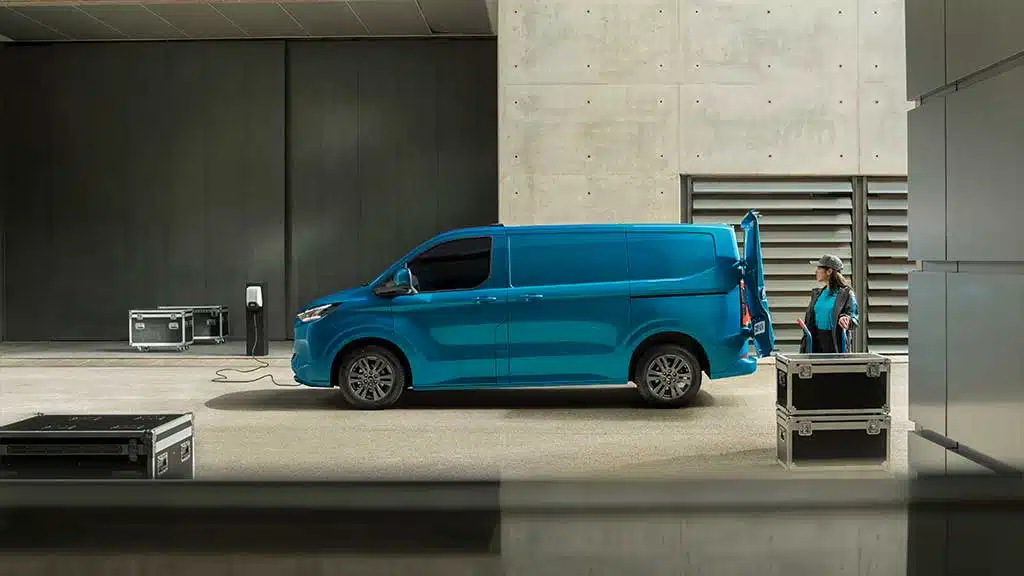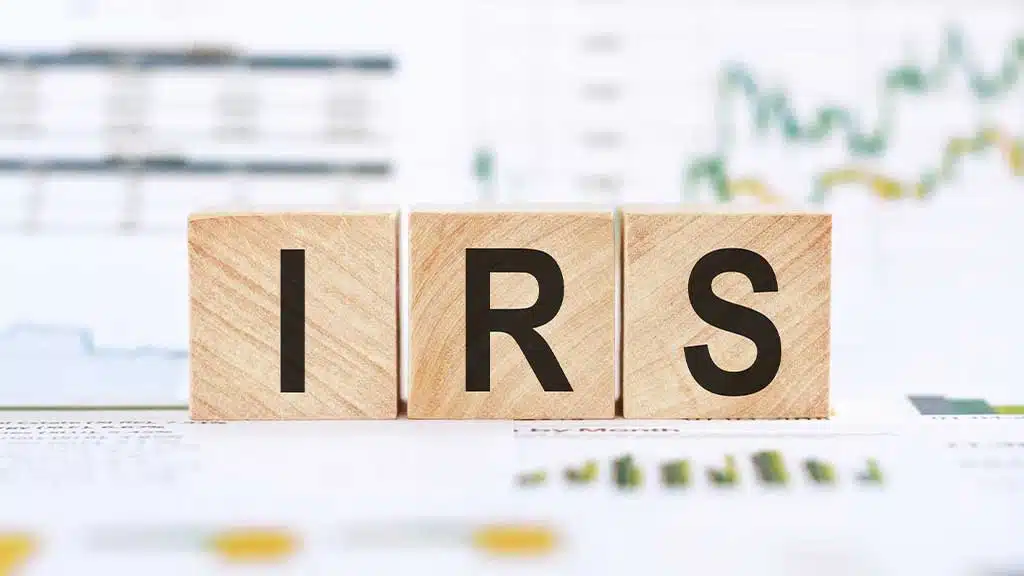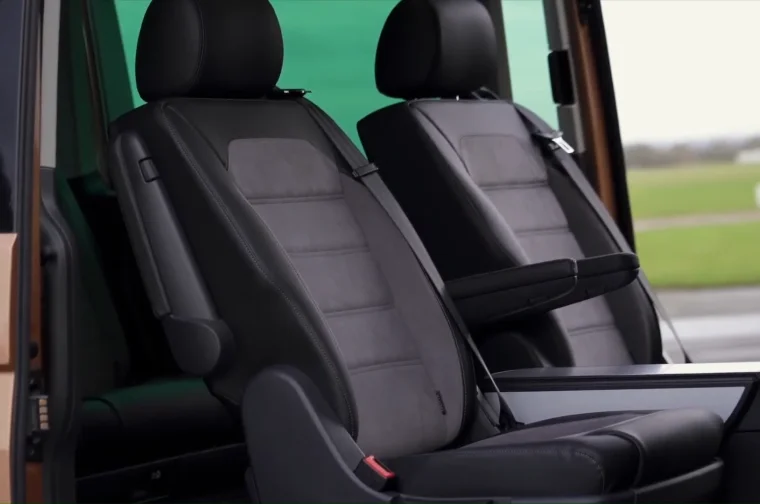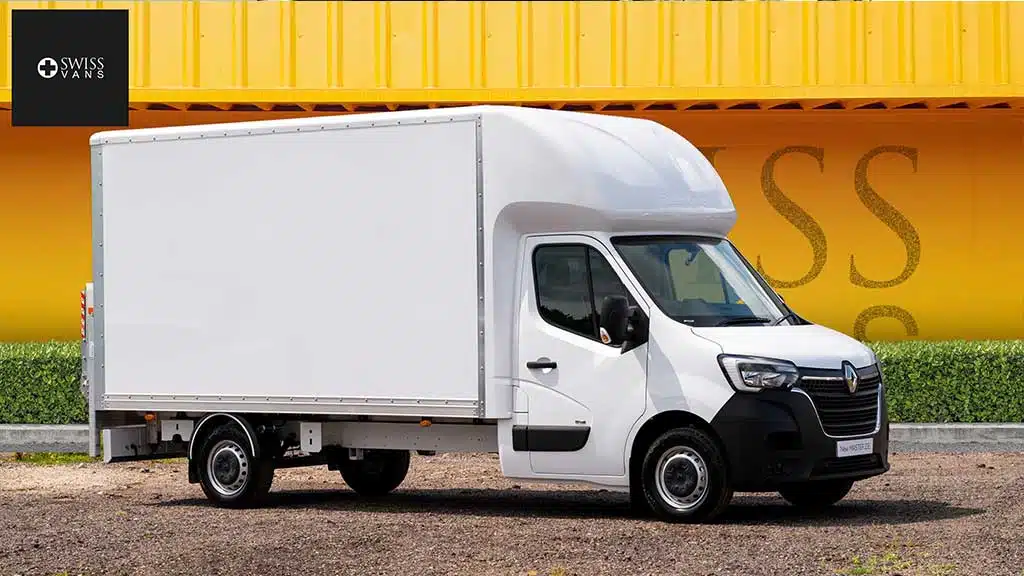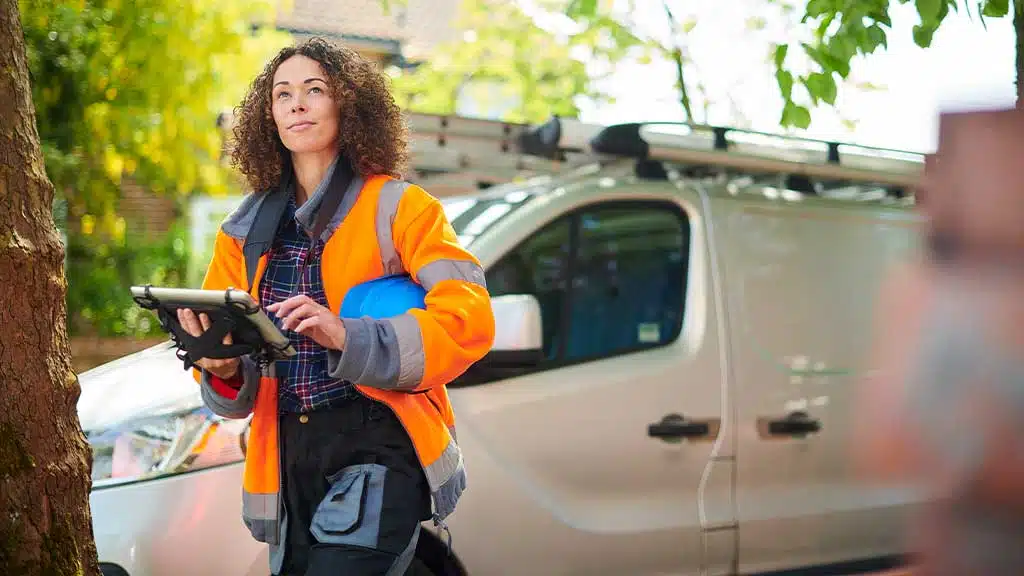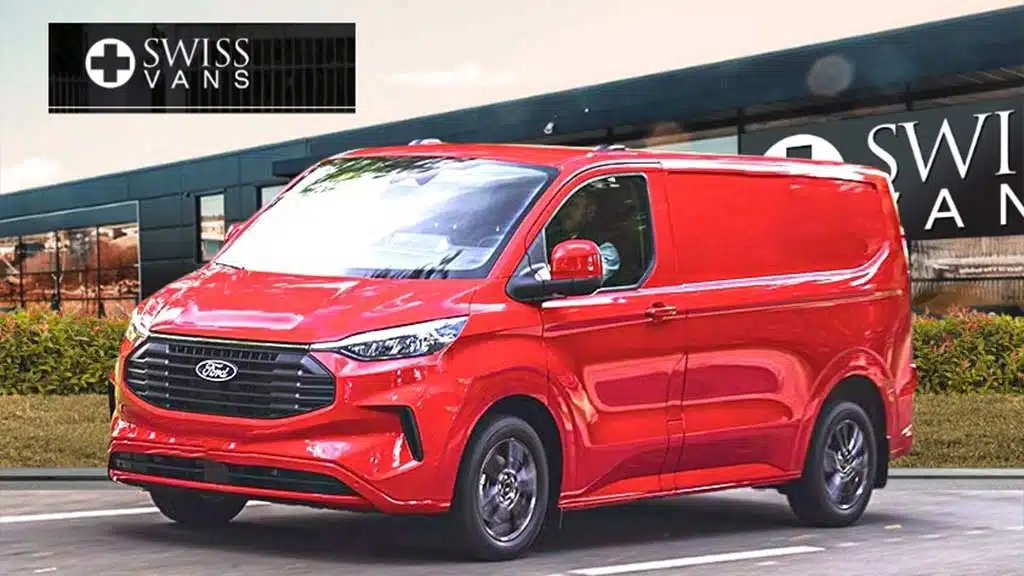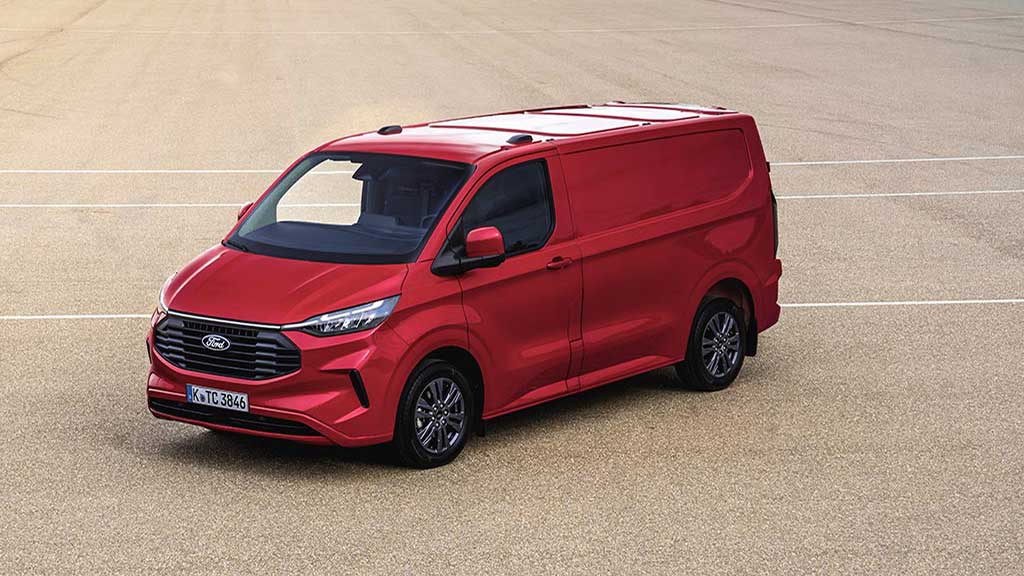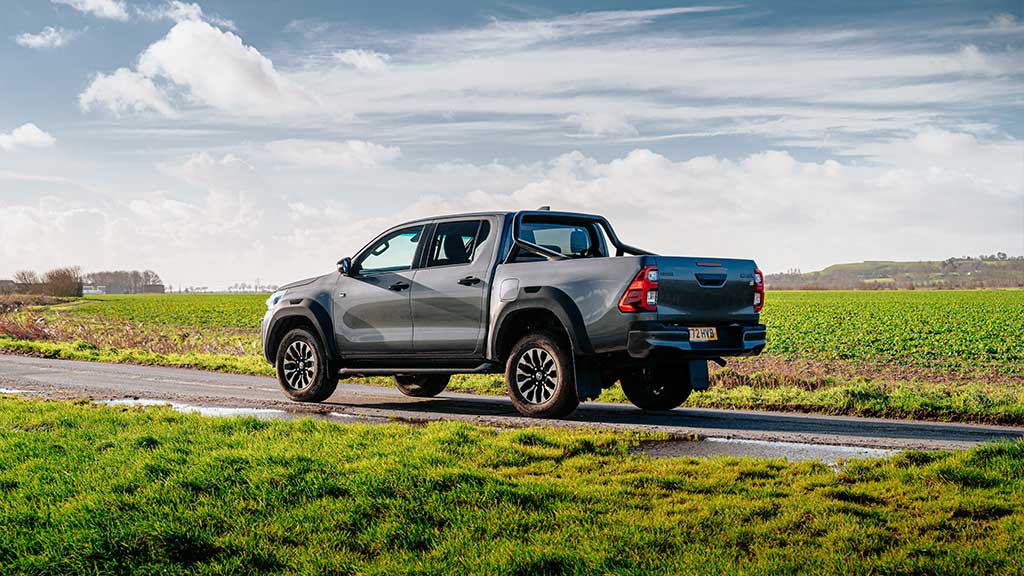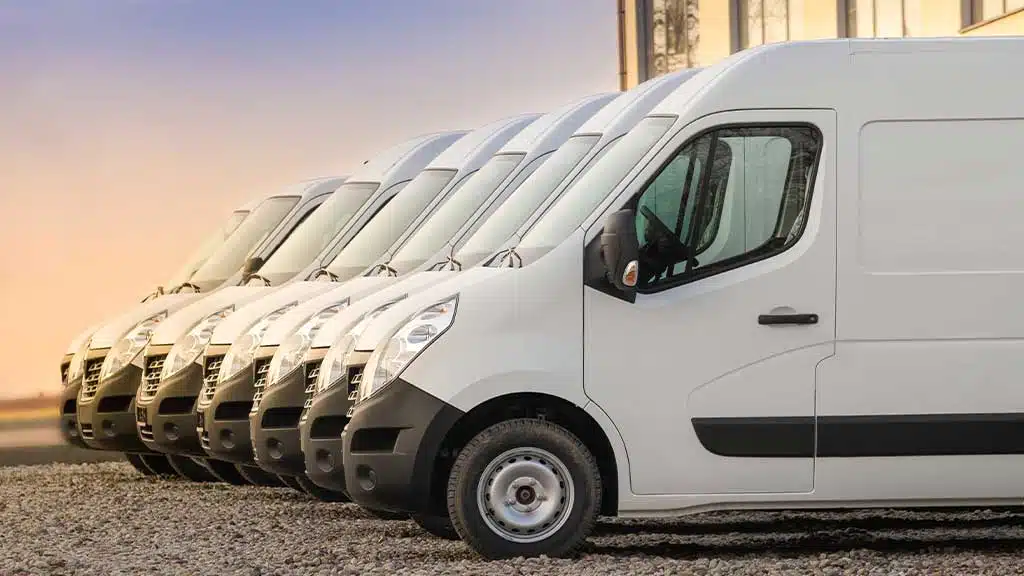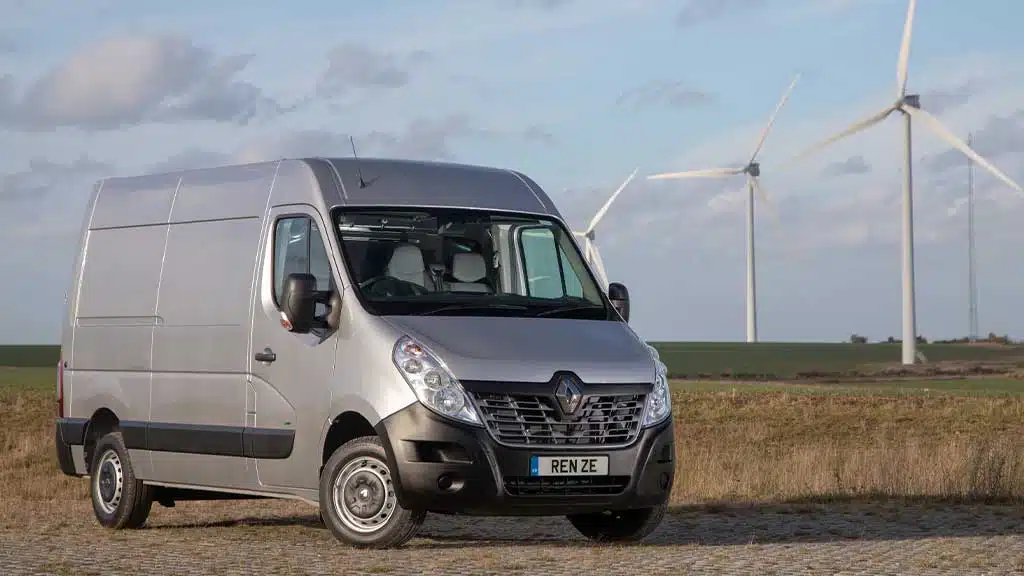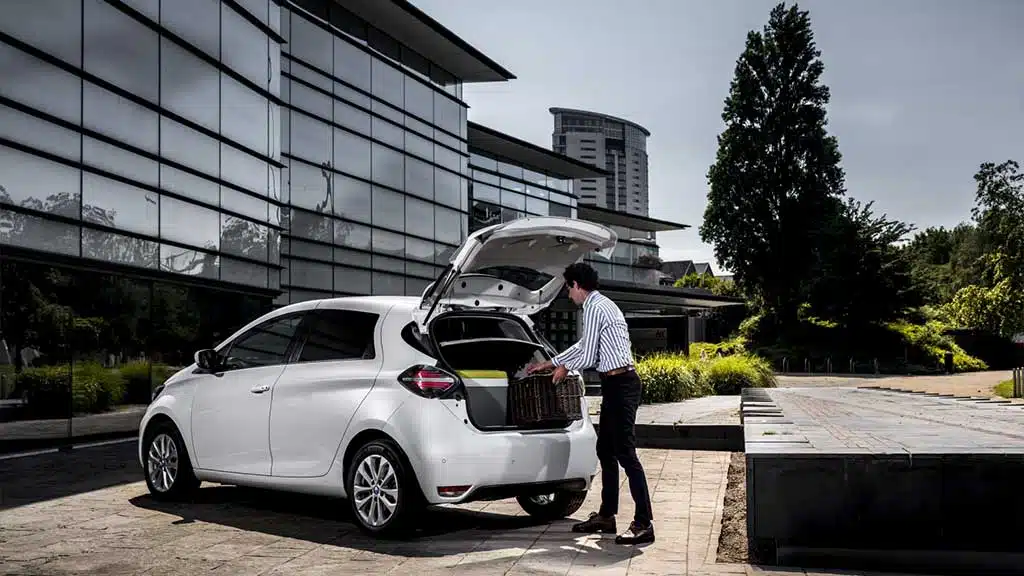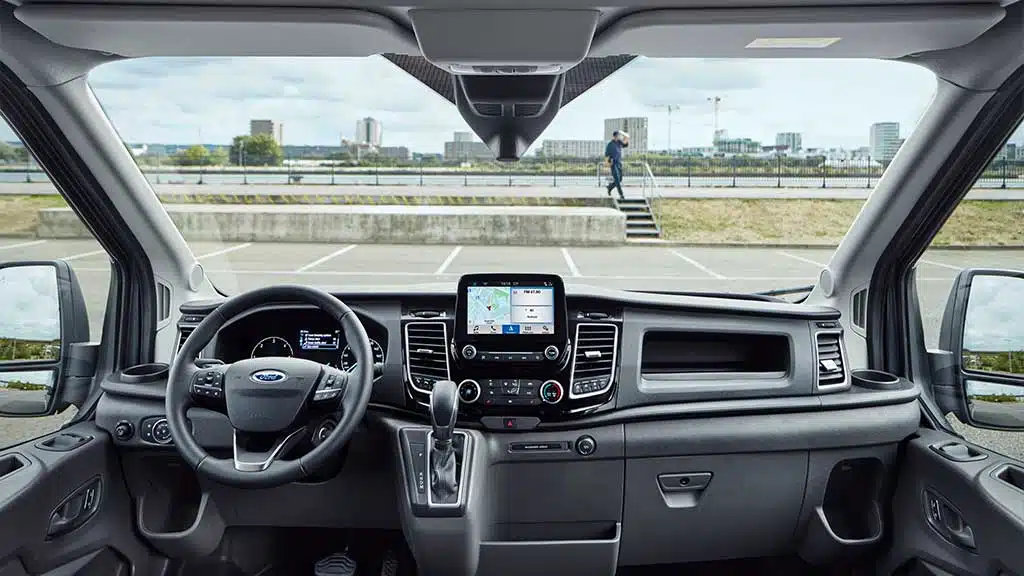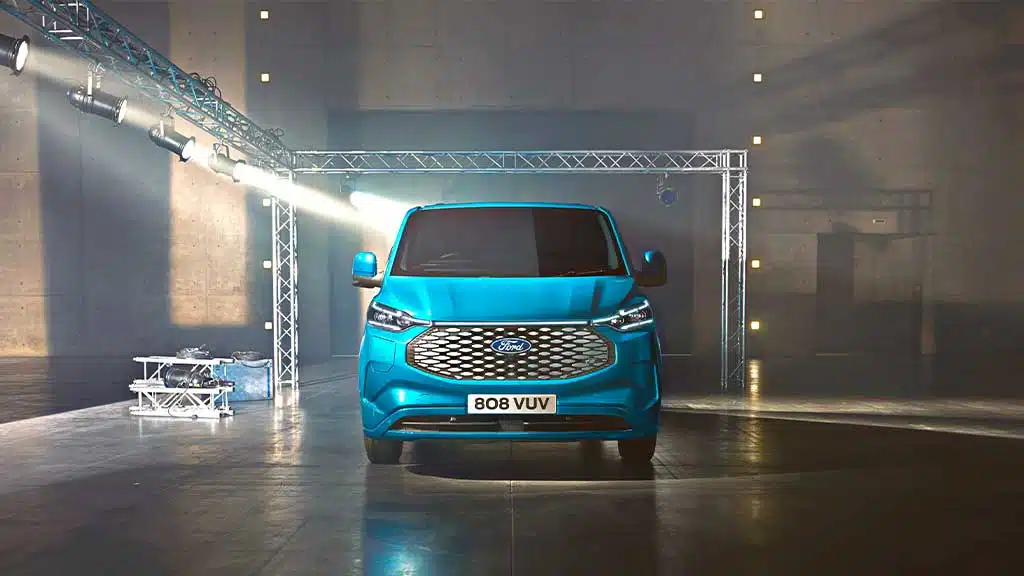It takes just a few days to go from loan application to personal automobile ownership. Additionally, compared to other forms of borrowing, auto loans have significantly cheaper interest rates. And you can buy a new or used car using borrowed money.
This article explains who the registered keeper of a car on finance, the distinctions between the registered keeper and the legal owner, and the duties you have as the registered keeper. But before we go there, let’s take a closer look at the issue of legal ownership of a property.
Legal Ownership of a Property
The term “legal ownership” is used to assign either an individual or a business the legal rights to an item or property. When a car is bought via a finance arrangement, such as a hire buy or lease purchase contract, the vehicle is legally the property of the loan company until the arrangement is concluded and all due payments are made.
We will discuss further who is the registered keeper of a lease car as we go down the road.
Who is the Registered Keeper of a Car on Finance?
The driver who uses the car the most frequently should be the registered keeper. As a result, you can discover that the V5 paperwork is registered to your name when you sign out a financial agreement. This does not, however, imply that the car’s legitimate owner is you. This is frequently the situation with work cars as well, where an employee is listed as the registered keeper, but the business owns the car.
Anyone who signs a financial arrangement for a vehicle is technically in possession of it, but they do not own it. This means that you oversee maintaining and operating the car daily. In other words, the DVLA will get in touch with you if conditions aren’t up to par.
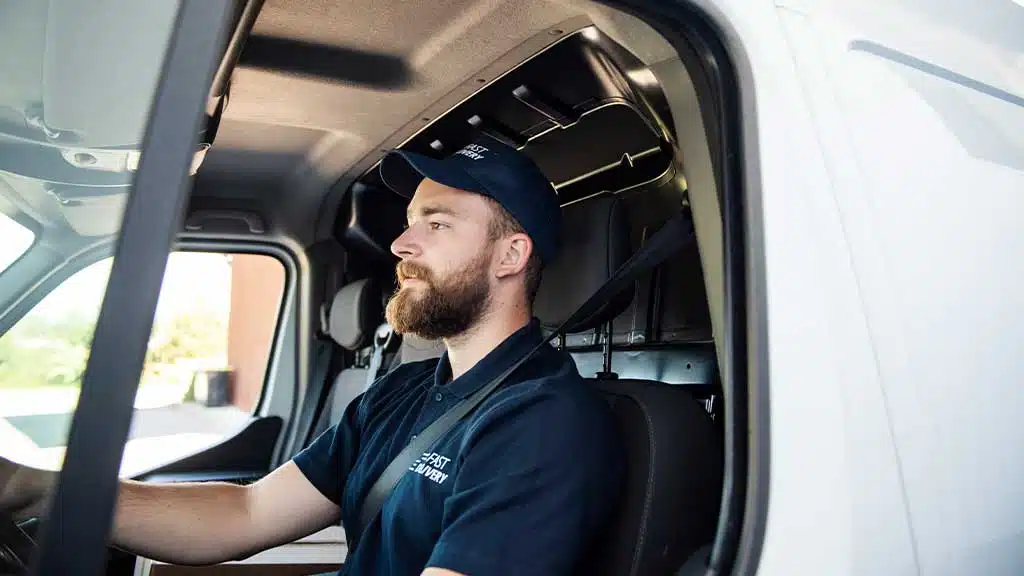
Any modifications to the registered or legal keeper must be reported to the DVLA by the car’s owner. As a result, the automaker will be responsible for contacting the DVLA and handling the necessary documentation when you take and terminate your financing agreement with them. If they fail to do this, they may be held legally responsible for any infractions involving the car, such as speeding tickets and parking infractions.
It’s important to keep in mind that, although the individual making the automobile payments is the legal or registered keeper, this isn’t always the case. It’s acceptable for a parent to finance the purchase of their child’s first car, but the registered keeper must be the person driving the car the most, not the parent (except when the youngster doesn’t have access to his or her own car and it’s a shared car).
What Does It Mean to Financing a Car Purchase?
These days, financing a car purchase is one of the most common practices in the industry. Automobiles are becoming less accessible to the average person as they become more expensive and technologically sophisticated.
Even while there are many used vehicles accessible for first-time purchasers, you may still find 10-year-old vehicles selling for thousands of dollars. If you can, you make a deposit and decide on the duration of your contract as well as the fee you are going to pay in monthly installments.
Who is the Legal Owner of a Car in Finance?
Just like wondering who is the registered keeper of a car on finance, the legal owner of an automobile that is financed is the lender. Only once the last payment has been received does he/she have complete legal possession. Normally, you’ll get all the paperwork for the car, which includes the V5C registration certificate, which attests to your registered Keeper status. But the Owner is not you.

Even if they hold onto the car until the last payment is made, the financial company is not the Registered Keeper. The Registered Keeper, who is typically the vehicle’s main driver, oversees daily maintenance of the vehicle. Modifications to the details (V5C) of the registered keeper must be reported to the DVLA by the owner/finance firm.
CAUTION: A V5C with outdated information could subject the owner to legal liability for offenses related to the vehicle, such as traffic accidents, parking violations, and speeding tickets.
How might car ownership be impacted by the type of financing?
As we have stated, the car credit company is legally the owner of the vehicle until the last payment is made.
But do the guidelines for ownership change depending on the kind of auto financing?
Here are the various financing types:
- Purchase on Personal Contract (PCP)
- Hire Purchase (HP)
- Personal loan for a car purchase
- Personal Contract Hire (PCH)
Depending on the form of car finance, you only get legal ownership after making the last payment or returning the vehicle to the finance company.
These plans allow us to comprehend the issue of “who is the legal or registered keeper of an automobile on finance” Because, as we’ve already mentioned, you don’t legally own the automobile as long as it’s being financed.
-
Who has the v5 on PCP when you buy a car on finance?
Dealing with a Personal Contract Purchase (PCP) is more complicated than dealing with who is the registered keeper of a car on finance. Because when your payment plan expires, as opposed to HP, you have 3 options.
They are either:
- Send the vehicle back to the financier.
- Make a final (balloon) payment in full to the finance company to take legal ownership of the vehicle.
- Utilize the capital in the returned car to secure another auto loan from the same lender.

For the duration of the contract, the financing firm is the legal owner, and the debtor is the registered keeper. Only if you make the extra payment at the conclusion of the contract do you acquire ownership of the vehicle.
With a PCP auto loan, you can finance your vehicle with a cheaper monthly payment and no deposit (but the more you put down, the lower your monthly payment will be). You won’t own a car after the first three to four years, on average. You will, however, have an option. You either start fresh with a new automobile and pay the remaining balloon payment, which is normally around $5,000, or you may send the car to the dealer. You never actually own an automobile with a PCP.
In contrast to other financing options, hire purchase programs don’t require a final balloon payment; instead, you just own the vehicle. This is because you have been paying a bigger monthly payment every month to cover the full cost of the vehicle. This is excellent if you intend to keep your car for a while, but if you commute a lot, it might be wiser to remain with PCP.
-
Who is the owner of the car when bought through hire purchase?
If you choose hire purchase financing, you can stretch the cost of the vehicle across the entire repayment time. Throughout the whole agreement, the loan business retains legal ownership.
Additionally, the registered keeper is the borrower. After the last payment is made, the car is yours.
-
Who is the true owner of a car under a lease agreement?
Leasing (PCH) is paying a financing firm to hire a car for the duration of the lease. For the period of the lease, you pay equal monthly installments, and finally, you give the vehicle back to the financing firm. You will obtain the vehicle’s legal papers and will be the registered keeper for the duration of the agreement. With personal contract hire, the loan company will legally own the car, like an HP and PCP deal. At the completion of your contract, there is typically no option to purchase the vehicle through PCH, though.
-
If a car was bought using a personal loan, who is the car’s legal owner?
A personal loan allows you to borrow money via a lender—often a bank—and make regular monthly installments to cover the cost of the loan. When purchasing a car, there are a few loan choices available.
- Secured loans – Loans that are secured by a piece of property.
- Unsecured loans – Don’t require security.
If you purchase a car, these loans enable you to shell out money as you like. Right away, you have full ownership.
Do You Get a V5 With a Financed Car?
Although the DVLA has listed you as the registered keeper of your leasing vehicle, you will not get a V5 document. Instead, this is retained by the registered owner (that is the loan firm). If you must do certain activities, being without the V5 can be difficult.

Verdict
Whether you’re considering financing your next car or already have one, the subject of ownership frequently comes up. But if you understand who is the registered keeper of a car on finance is, it is technically still the finance company’s property until you have paid off the remaining sum on the loan. You will be the registered keeper while you are still making payments under your finance agreement.







